Discover one of Tokyo’s best-kept ramen secrets just steps away from historic Sensoji Temple
A Culinary Journey Through Asakusa’s Traditional Neighborhood
When visiting Tokyo, the ancient district of Asakusa should be at the top of your itinerary. While most tourists flock to the magnificent Sensoji Temple and its iconic Kaminarimon Gate, savvy travelers know that the real cultural immersion happens through food. Among the countless eateries in this historic area, there’s one place that locals treasure but rarely appears in mainstream travel guides: Ramen Men-maru (らぁめん めん〇).
What Makes Ramen Men-maru Special?
Tucked away on a narrow side street just minutes from Asakusa Station, Ramen Men-maru embodies the Japanese concept of kodawari – the relentless pursuit of perfection in one’s craft. This small, unassuming ramen shop seats only about 10 customers at a time, creating an intimate dining experience that feels authentically Japanese.
The owner-chef, who has dedicated over 20 years to perfecting his ramen recipes, starts each day before dawn to prepare his legendary broth. Unlike many modern ramen shops that cater to Instagram-worthy presentations, Men-maru focuses entirely on flavor and tradition.
The Menu: Simplicity Meets Complexity
True to traditional ramen culture, Men-maru’s menu is refreshingly concise, featuring just a few variations of carefully crafted ramen:
- Torigara Shoyu Ramen (Chicken-based soy sauce broth): The signature dish offers a perfect balance of umami flavors with a clear, golden broth that’s simultaneously light yet deeply satisfying.
- Tori Paitan Ramen (Creamy chicken broth): For those who prefer a richer experience, this milky-white broth is simmered for hours until it reaches a silky, almost velvety consistency.
- Tsukemen (Dipping ramen): During summer months, this refreshing style of ramen features cold noodles served separately from a concentrated dipping broth.
Each bowl comes with meticulously prepared toppings: perfectly marinated soft-boiled eggs (ajitama), char-siu pork that melts in your mouth, fresh green onions, and house-made bamboo shoots (menma).
The Noodle Philosophy
At Men-maru, noodles aren’t just an ingredient – they’re the heart of the dish. The owner makes fresh noodles daily, adjusting the thickness and texture to perfectly complement each broth style. This attention to detail demonstrates the Japanese philosophy of wa (harmony) – every element must work in balance with the others.
Navigating the Japanese Ramen Experience
For first-time visitors to a traditional Japanese ramen shop, the experience can be slightly intimidating. Here’s what to expect at Men-maru:
- Ordering System: Like many authentic ramen shops, Men-maru uses a ticket machine (shokkenki) at the entrance. Purchase your meal ticket before sitting down. Don’t worry if you can’t read Japanese – the machine has photos, and the staff is accustomed to helping tourists.
- Seating Etiquette: The counter-style seating arrangement is typical of traditional ramen shops. It’s designed for efficiency rather than lengthy dining, so enjoy your meal but be mindful that others may be waiting.
- Eating Techniques: Slurping is not only acceptable but encouraged! It’s considered a sign of appreciation and helps cool the noodles as you eat them. Use the provided spoon for the broth and chopsticks for noodles and toppings.
- Customization Options: You can request adjustments to your ramen by learning simple phrases like “Noodles katame kudasai” (firmer noodles, please) or “Sukuname” (less oil).
Beyond Ramen: Side Dishes Worth Trying
While ramen is undoubtedly the star, don’t overlook Men-maru’s small selection of side dishes:
- Gyoza: Handmade dumplings with a perfectly crispy bottom and juicy filling
- Chashu Don: A small rice bowl topped with extra slices of their mouthwatering pork
- Seasonal Pickles: House-made tsukemono that cleanse the palate between bites
Best Times to Visit
Men-maru opens daily from 11:30 AM to 3:00 PM for lunch and 5:30 PM to 9:30 PM for dinner. For the best experience with minimal waiting, try visiting during off-peak hours:
- Weekday lunch after 1:30 PM
- Early dinner service (around 5:30 PM)
- Avoid weekends and Japanese holidays if possible
Be prepared: during peak hours, you might encounter a line outside. However, turnover is relatively quick, and the wait is well worth it.
A Cultural Experience Beyond the Bowl
Visiting Men-maru offers more than just an excellent meal; it provides insight into Japanese values and traditions. The concept of omotenashi (wholehearted hospitality) is evident in every aspect of the experience.
The minimal decoration, focused service, and dedication to craft all reflect important aspects of Japanese culture. Even the shop’s name – with the circle symbol “〇” representing completeness and harmony – carries deeper meaning.
Finding Ramen Men-maru
Address: 2-11-X Asakusa, Taito City, Tokyo (5-minute walk from Asakusa Station Exit 1) Hours: 11:30 AM – 3:00 PM, 5:30 PM – 9:30 PM Price Range: ¥900-¥1,200 per ramen bowl (approximately $8-11 USD) Note: Cash only, no reservations
Why Ramen Matters in Japanese Culture
Ramen holds a special place in Japanese culinary culture. Despite its Chinese origins, Japan has embraced and transformed ramen into something uniquely its own. Each region of Japan has developed distinct ramen styles, reflecting local ingredients and preferences.
For many Japanese people, ramen represents comfort, nostalgia, and the simple pleasure of a well-crafted meal. The dedication of ramen chefs like the owner of Men-maru preserves traditional techniques while allowing for subtle innovation.
The Perfect Addition to Your Asakusa Itinerary
After exploring Sensoji Temple and shopping along Nakamise Street, a visit to Men-maru provides the perfect authentic culinary experience to complete your Asakusa adventure. Its proximity to other attractions makes it easy to incorporate into your sightseeing schedule.
Unlike touristy establishments with English menus and higher prices, Men-maru offers an authentic glimpse into everyday Tokyo life. It’s these genuine cultural moments that often become travelers’ most cherished memories.
Final Thoughts: The Essence of Japanese Dining
What makes Men-maru and similar traditional ramen shops so special is their embodiment of key Japanese values: attention to detail, respect for ingredients, mastery through dedicated practice, and harmony in composition.
When you sit at the counter of this humble shop, watching the master at work and savoring each carefully crafted bite, you’re experiencing much more than a meal – you’re participating in a cultural tradition that connects you to the heart of Japan.
For travelers seeking authentic experiences beyond the typical tourist attractions, Ramen Men-maru in Asakusa offers a perfect taste of Japanese culinary culture at its most genuine.
Have you visited Ramen Men-maru or do you have questions about navigating Tokyo’s ramen scene? Share your experiences or questions in the comments below!
Note: This blog post was last updated in March 2025. Hours and prices may vary, so we recommend checking current information before your visit.
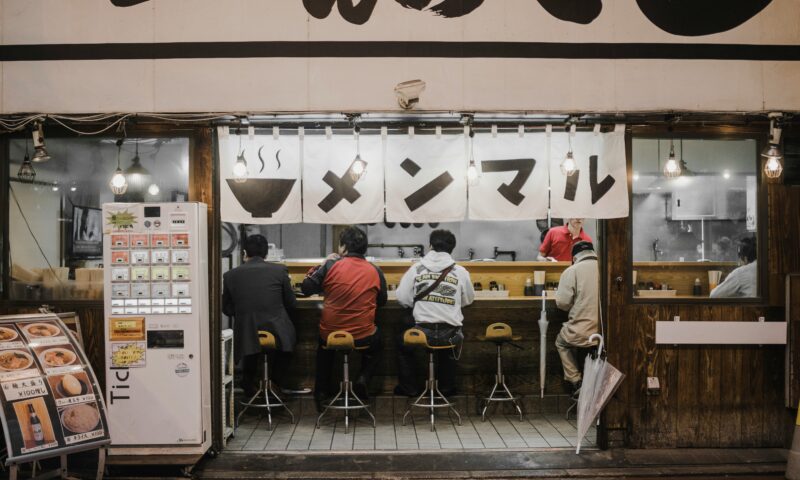
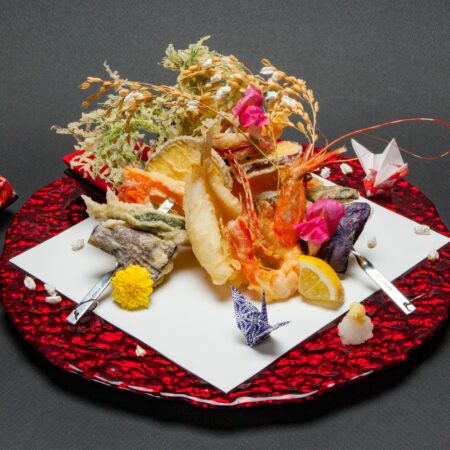
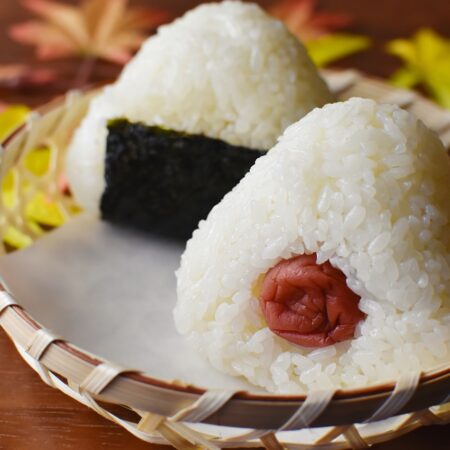
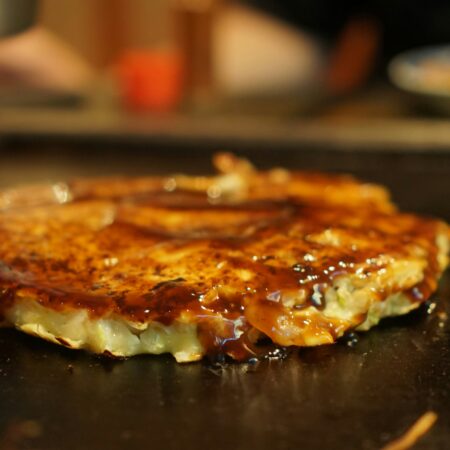
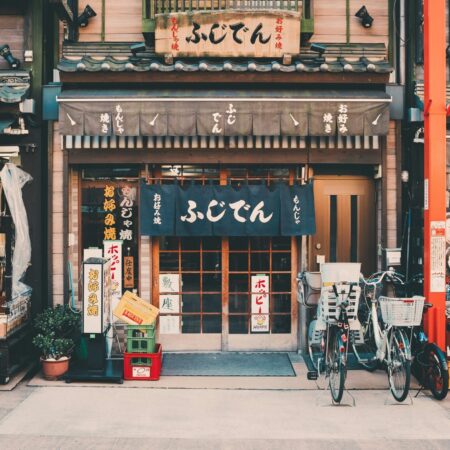
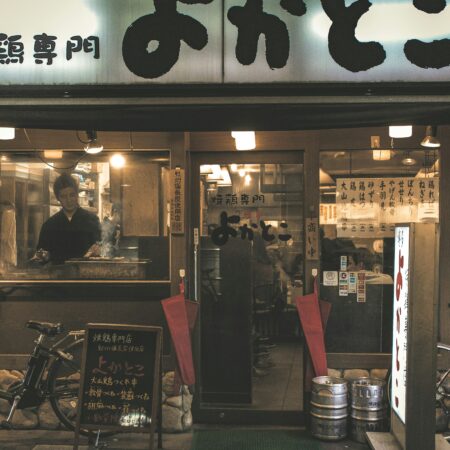
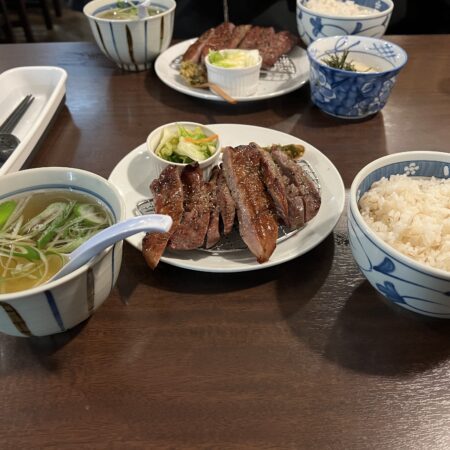
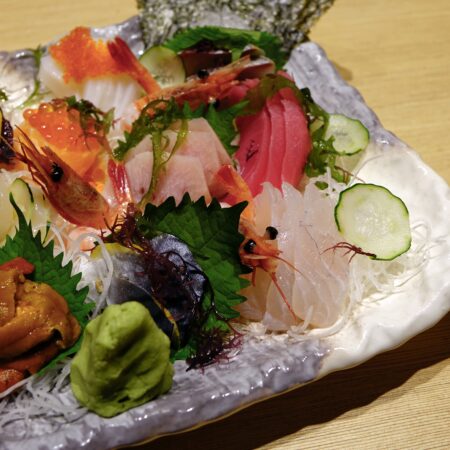
コメント